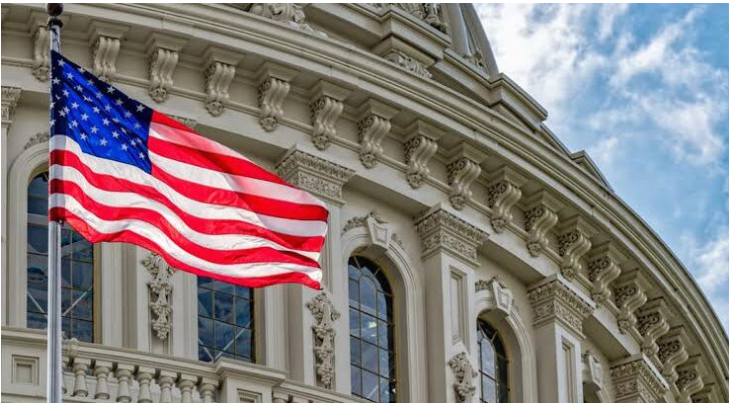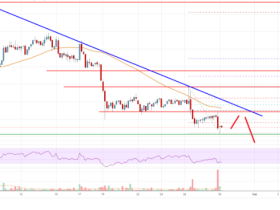Tom Emmer recently wrote to US Treasury Secretary Janet Yellen to express his concerns regarding the agency’s Sanction of Tornado Cash. The congressman for Minnesota’s sixth congressional district described the sanction as the first of its kind.
US Representative Condemns Tornado Cash Sanction
Tom Emmer, a member of the United States House of Representatives, disclosed on August 23 that he had sent a letter to Janet Yellen regarding the prohibition of Tornado Cash, a cryptocurrency mixer. The letter dated August 8 asked the Treasury’s OFAC (Office of Foreign Assets Control) to clarify its position on a number of issues.
Emmer claims that the OFAC blacklisted Tornado Cash under Executive Order 13694 and designated the company as an SDN. The agency went beyond the EO’s definition of individual or person for the first time.
To illustrate the issue with OFAC’s sanction, he cited FinCEN’s (Financial Crimes Enforcement Network) distinction between anonymizing software and anonymizing services.
And as Emmer pointed out, OFAC is not subject to FinCEN’s rules, either. The Congressman’s questions were quite practical. He stated that the sanctions were not against an entity or a person, but rather a code that facilitated privacy.
In order to protect users’ anonymity, the Tornado Cash protocol stores their ETH smart contract addresses in a decentralized ledger. So long as the ETH network is operational, Tornado Cash’s backend will continue to function. “Which individual or entity was sanctioned by OFAC for operating the crypto mixer?” asked Emmer.
How can law-abiding Tornado Cash users get their money back? – Emmer
In addition, the congressman inquired about the funds of those who did not use Tornado Cash for illegal activities. This is due to the fact that their wallet addresses were also banned.
He asked the organization how they planned to get their money back given that smart contracts don’t have a traditional appeals process.
For his part, Emmer has been an outspoken advocate for cryptocurrency regulation as a member of the House of Representatives’ Financial Services Committee. In recent months, he has criticized the US SEC’s approach to crypto firms and cryptocurrency usage.








Leave a Reply